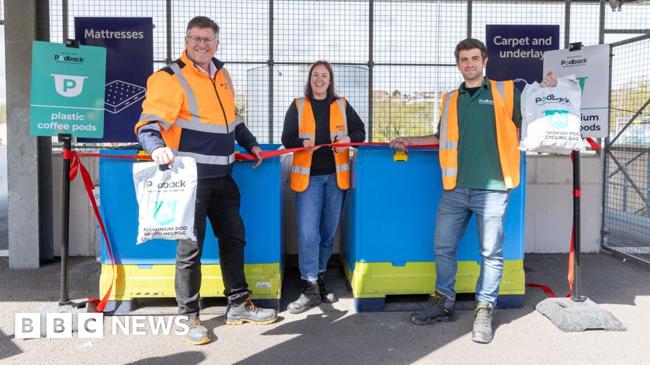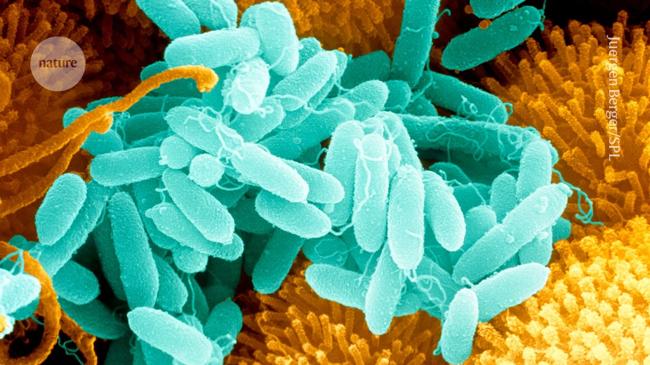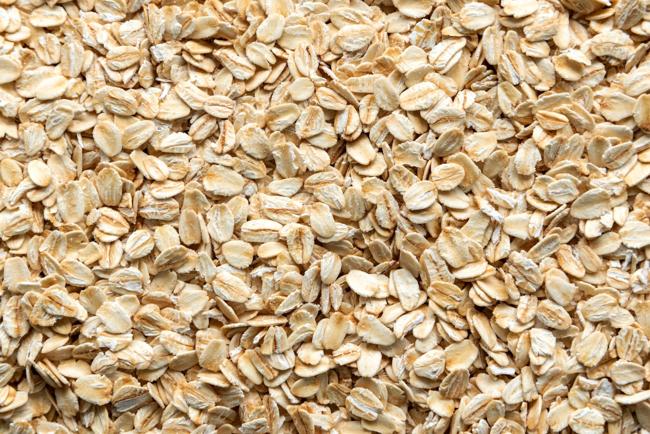Summary
New coffee pod recycling sites have been opened at three city reuse hubs. Bristol Waste has set up Podback points at recycling centres in St Philip’s, Hartcliffe Way and Avonmouth. Residents will be able to use any bag or container to keep their aluminium and plastic pods separate and can purchase a special container to put them in.
Source: BBC

AI News Q&A (Free Content)
Q1: What is the significance of Bristol Waste opening dedicated coffee pod recycling points in relation to combating plastic pollution?
A1: Bristol Waste's initiative to open coffee pod recycling points targets the rising issue of single-use plastic waste. Coffee pods, typically made from plastic and aluminum, often end up in landfills due to the lack of suitable recycling facilities. By providing dedicated collection at city reuse hubs, Bristol aims to divert these materials from landfills, supporting local and national efforts to reduce plastic waste, which globally totals over 368 million tonnes annually with only 9% recycled. This move contributes to the broader goal of minimizing the environmental impact of plastics and supports the transition to a circular economy.
Q2: How do recycling efforts like those in Bristol compare to global trends in plastic waste management?
A2: Globally, plastic waste management remains a major challenge, with only a small fraction (about 9%) of plastics being recycled. Most plastic waste is either incinerated (12%) or ends up in landfills and the natural environment (79%). Local initiatives like Bristol's coffee pod recycling points are aligned with global efforts to increase recycling rates and reduce the environmental burden of plastics, which persists for decades in ecosystems and contributes to marine and terrestrial pollution.
Q3: What are the potential environmental benefits of recycling coffee pods, specifically in terms of reducing plastic and aluminum waste?
A3: Recycling coffee pods reduces the volume of both plastic and aluminum waste entering landfills and natural habitats. This helps prevent the breakdown of plastics into microplastics, which can contaminate soil and waterways, and reduces the energy-intensive process of producing new aluminum. Recycling aluminum saves up to 95% of the energy required for primary production, while plastic recycling reduces the accumulation of persistent pollutants in the ecosystem.
Q4: What does the latest scholarly research suggest about effective strategies for managing plastic waste for a circular and sustainable future?
A4: Recent research proposes a 'plastics hierarchy of fates' to guide sustainable choices for plastic waste management. The hierarchy emphasizes prioritizing reduction, reuse, and recycling over landfill and incineration. Effective strategies include improved sorting systems, public education, policy interventions, and innovation in materials science to develop recyclable or biodegradable alternatives. These practices create pathways for a more circular plastics economy, reducing environmental and resource impacts. (Source: 'A plastics hierarchy of fates: sustainable choices for a circular future', 2023)
Q5: What advancements in recycling technology are aiding the identification and sorting of plastics for more efficient recycling processes?
A5: Machine learning, especially convolutional neural networks (CNNs), is being used to classify and sort different types of plastics, such as polystyrene (PS) and acrylonitrile butadiene styrene (ABS), with high accuracy. These advancements enable recycling facilities to better separate and process complex waste streams, improving recycling rates and the quality of recycled materials. Accurate sorting is critical for maintaining the mechanical properties of recycled plastics and preventing contamination. (Source: 'Classification of PS and ABS Black Plastics for WEEE Recycling Applications', 2021)
Q6: How does plastic pollution in the UK compare to global trends, and what recent statistics highlight the scale of the issue?
A6: The UK produces around 5 million tonnes of plastic annually, with coffee pods contributing significantly to household waste streams. A 2023 estimate indicates that less than 50% of plastic packaging in the UK is recycled, mirroring global inefficiencies. Much of the unrecycled plastic ends up in landfills or exported for processing. Efforts like Bristol's Podback scheme are vital to improving these recycling rates and mitigating the environmental impact.
Q7: How can bio-inspired design improve the mechanical properties and consistency of recycled plastics, according to the latest research?
A7: Bio-inspired design, such as mimicking the microstructure of nacre (mother-of-pearl), can significantly reduce the variability in mechanical properties of recycled plastics. By structuring recycled plastic platelets within a soft matrix, researchers have achieved a reduction in variability of elastic modulus by 89.5% and improved elongation at break by 42%, making recycled plastics more suitable for demanding industrial applications. This approach could enhance the adoption of recycled materials and reduce plastic pollution. (Source: 'Suppressing Mechanical Property Variability in Recycled Plastics via Bio-inspired Design', 2025)
References:
- Plastic pollution. https://en.wikipedia.org/wiki/Plastic_pollution
- A plastics hierarchy of fates: sustainable choices for a circular future.
- Classification of PS and ABS Black Plastics for WEEE Recycling Applications.
- Suppressing Mechanical Property Variability in Recycled Plastics via Bio-inspired Design.
- UK Government - Plastic Packaging Tax: recycling rates and waste data. https://www.gov.uk/government/publications/plastic-packaging-tax-technical-note/plastic-packaging-tax-technical-note
- Bristol Waste and Podback coffee pod recycling scheme. https://www.bristolwastecompany.co.uk/news/coffee-pod-recycling
- The Properties of Glass Fiber Reinforced Polypropylene Filaments Recycled from Fishing Gear.





